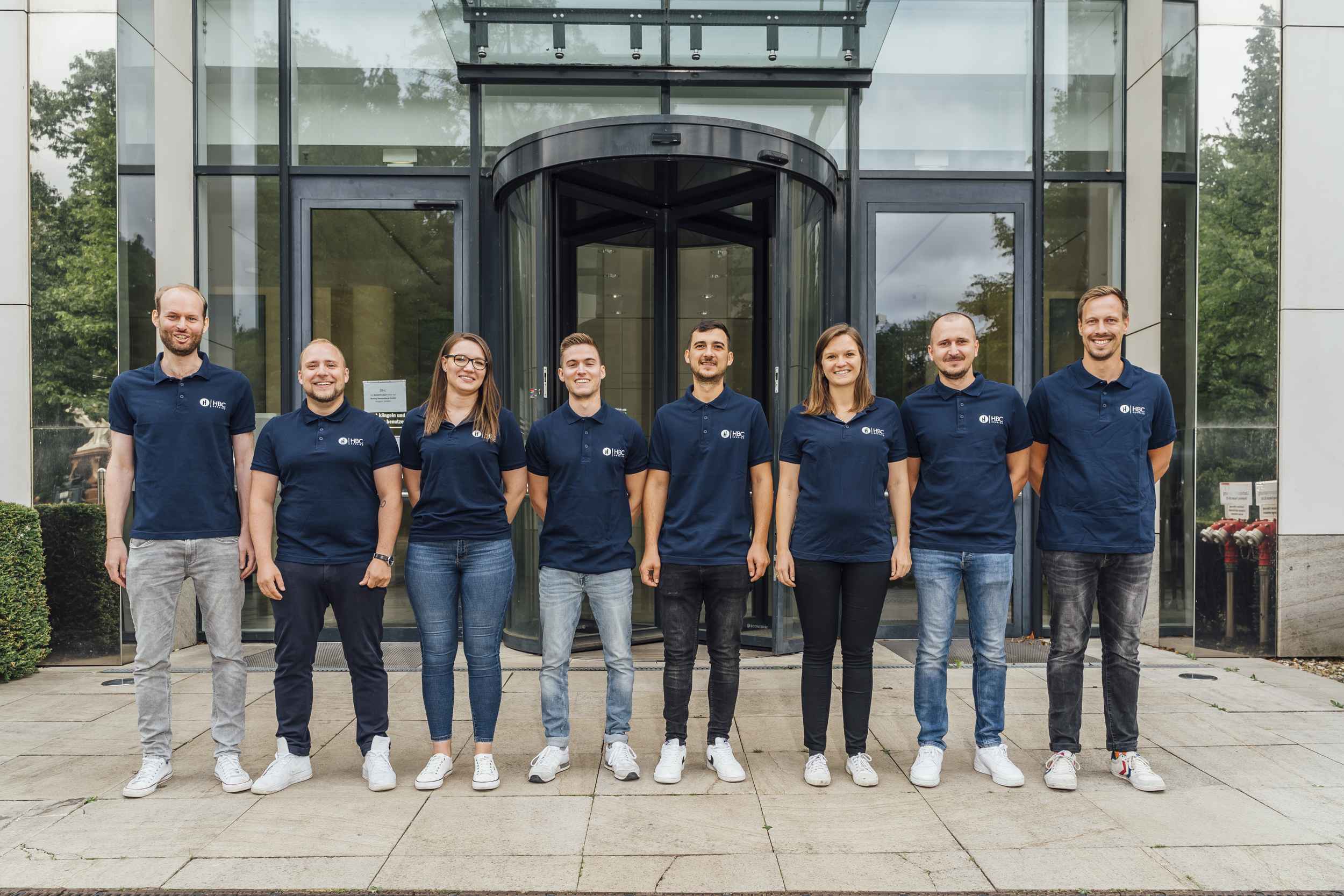Wage increases in the building cleaning sector from 2025: more pay for cleaning staff
The time has come for the commercial cleaning industry to undergo some changes and improve conditions for employees in the sector - and their customers.
Around 700,000 employees in the building cleaning sector can look forward to higher wages from January 1, 2025. Following intensive negotiations between the Industrial Union for Construction, Agriculture and the Environment (IG BAU) and the Federal Guild Association of the Building Cleaning Trade (BIV), a new wage agreement was reached that provides for a gradual increase in wages and training allowances.
Wage increases in several stages
The wage adjustments relate in particular to wage groups 1 and 6, which apply to simple cleaning activities as well as specialized professionals such as glass and façade cleaners.
- Wage group 1 (entry-level wage): The hourly wage for basic cleaning staff will increase from € 13.50 to € 14.25 on January 1, 2025. A further increase to €15.00 will follow on 1 January 2026, resulting in a total increase of around 11.1% over two years.
- Wage group 6 (skilled workers, e.g. glass and façade cleaners): Here, the hourly wage will rise from € 16.70 to € 17.65 in 2025 and increase further to € 18.40 in 2026. This corresponds to an increase of around 10.2 %.
These adjustments are intended in particular to reduce the wage gap between unskilled and skilled workers. The IG BAU trade union emphasizes that this is an important step towards increasing the attractiveness of the occupational field and attracting more skilled workers to the sector in the long term. It also increases the chances of turning initially unskilled workers into skilled workers at a later date, e.g. through in-house further training.
Increase in training allowance
In order to promote young talent in the building cleaning industry, the training allowances have also been adjusted. The following new monthly salaries will apply from 2025:
- First year of training: increase from €900 to €1,000
- Second year of training: increase from €1,035 to €1,150
- Third year of training: increase from €1,200 to €1,300
These improvements are intended to make training in the sector more attractive in order to counteract the shortage of skilled workers. The Federal Guild Association of the Building Cleaning Trade welcomed the increase in training allowances as an important step towards attracting more young people to the profession.
Future prospects and further negotiations
In addition to the agreed wage increases, the parties to the collective agreement have agreed to start talks at the end of 2025 on a possible annual special payment for union members. In the long term, this could lead to the introduction of a 13th monthly salary in the sector.
The collective agreement is initially valid until the end of 2026, giving companies and employees planning security for the next two years. Especially in times of rising living costs, this is an important measure to secure income levels in the sector.
Significance of tariff increases for the industry
With around 700,000 employees, the building cleaning trade is the largest trade in Germany. Around 500,000 of these employees receive the industry minimum wage, meaning that the wage increases that have now been agreed are of direct importance to a large proportion of employees.
IG BAU sees the wage increases as a success for the industry and a step towards better working conditions. In particular, the gradual increase in wages should help to ensure that cleaning staff are paid appropriately for their work.
However, the Federal Guild Association of the Building Cleaning Trade pointed out that rising wage costs are a challenge for many companies. Nevertheless, the adjustment is necessary in order to retain qualified workers in the industry and remain competitive in the long term.
Conclusion
The wage increases from 2025 will bring significant improvements for employees in the commercial cleaning sector. The rising wages and training allowances should not only make the industry more attractive, but also counteract the shortage of skilled workers. While employees benefit from higher incomes, many companies are faced with the challenge of managing rising costs economically. However, the collective wage agreement shows that a fair compromise between employer and employee interests is possible and that social partnership cooperation in the sector is still viable.






